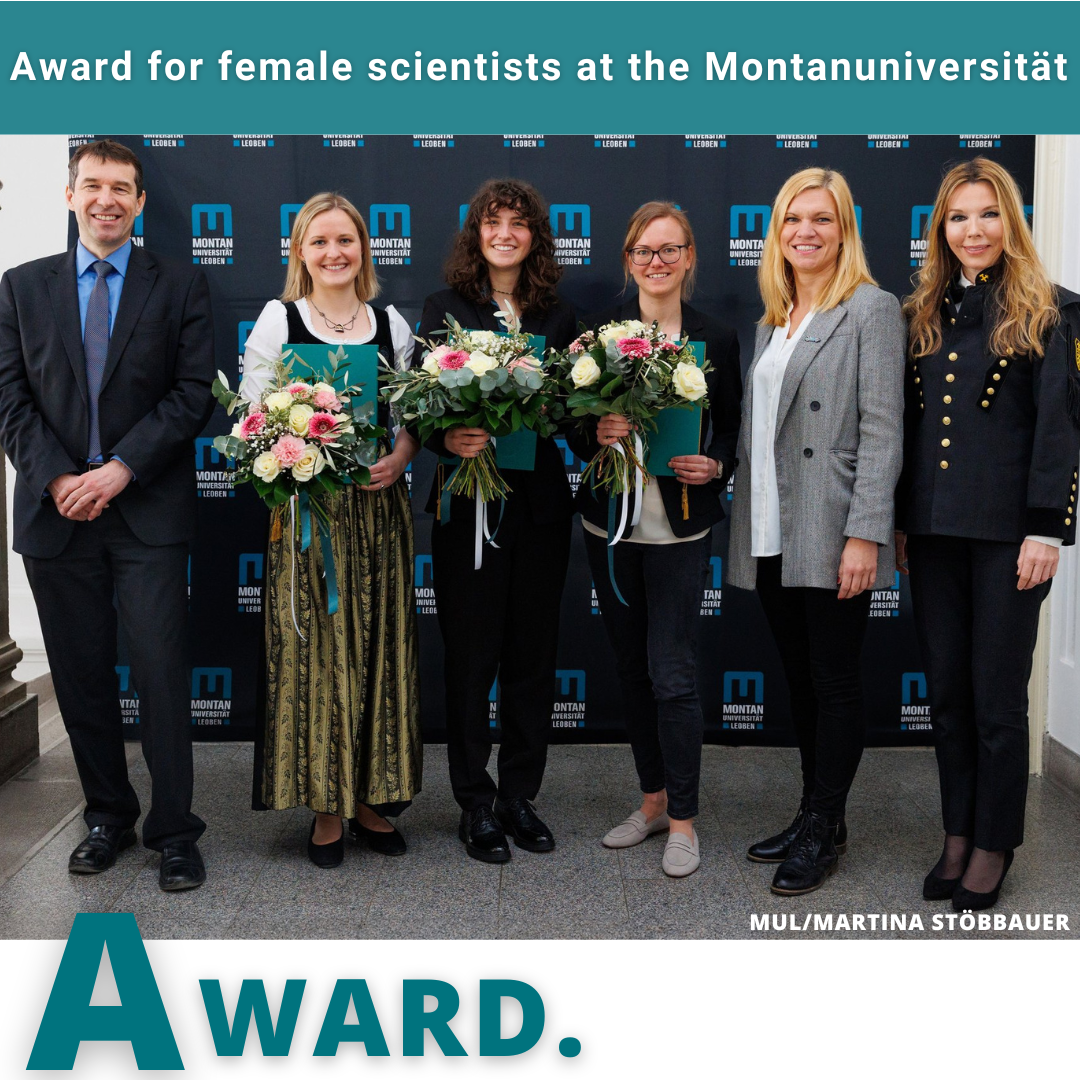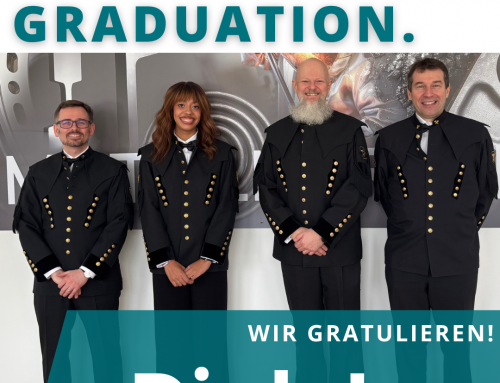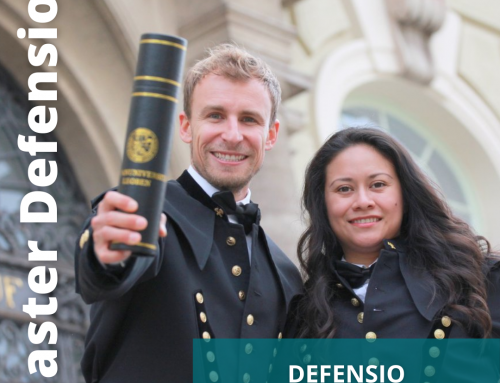Every year, the Montanuniversität awards the Science Prize for female montanists to scientists and students for outstanding achievements in research.
Based on the different stages of a scientific career, the science prize is awarded in four categories: PostDoc, PraeDoc, Master and Bachelor. The award is intended to emphasise the achievements of women against the backdrop of International Women’s Day.
The award ceremony 2024
The award winners were selected by a high-calibre committee. The selection criteria for the science prize are exceptional research performance, scientific excellence, the significance of the research results for the further development of the department, the high application potential and the lasting impact of the work performed.
Eva Wegerer, MBA, Chair of the Equal Opportunities Working Group, emphasises: “The award winners are role models for young women who are interested in technical fields of study.”The prize is endowed with a total of 8,000 euros. The event was rounded off with a presentation by Susanne Feiel, Head of the International Relations and European University Service Department at Montanuniversität.
Category PRAEDOC: Dipl.-Ing. Kathrin Thiele
Lehrstuhl für Eisen- und Stahlmetallurgie
Kathrin Thiele comes from southern Styria and is a PhD student in the Christian Doppler Laboratory for Inclusion Metallurgy in Modern Steelmaking. The introduction to the study of metallurgy at the Montanuniversität convinced Kathrin Thiele that it is possible to make an active contribution to combating climate change.
A current research focus in metallurgy is CO2-transformation and CO2-free steel production. This research focus gives rise to new challenges and requirements for which Kathrin Thiele’s inclusion metallurgy is used. Kathrin Thiele’s research work focusses on the tracking of non-metallic inclusions (NME) in steels. The formation of NMEs and their modifications have a major influence on steel quality and the production process. In this project, the optimisation of the active tracing method is being investigated both on a laboratory and industrial scale. In addition, the characterisation of marked MNE will be carried out using artificial intelligence. An innovative method based on the rare earth fingerprint is used to determine the origin of MNE. Purity plays a particularly important role in steels for the automotive industry.






